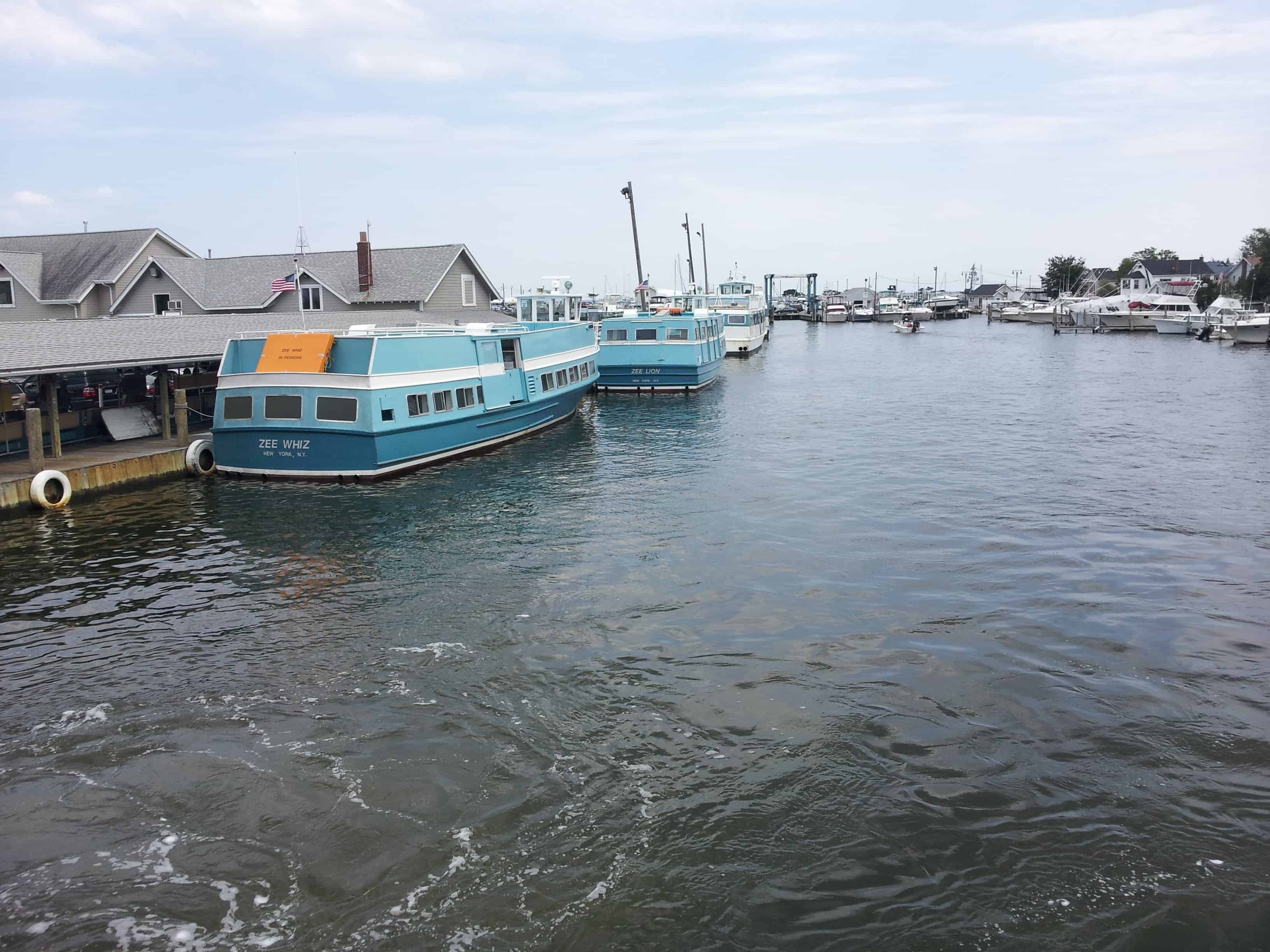How To Avoid Bank Fees While Traveling
HUZAA! It’s trip time!
That’s the sound of your bank when you take yourself to another country.
Few things can complicate your financial position abroad like being showered in bank fees (except maybe a good old-fashioned mugging), but fortunately workarounds to this blatant robbery committed by the banks exist.
The following is an account of my personal tactics overseas as well as some alternative tricks to avoid bank fees and keep yourself sane while traveling.
Before You Go
- Call your bank and let them know you are traveling.
- Make sure you have all the necessary phone numbers should a problem arise during travel.
- Realize that when you use an ATM outside your bank’s network you are (usually) charged (at least) two fees – one by the ATM, and one by your bank.
- Consider opening a second bank account in the event that you experience issues with your primary account.
- Note that in some countries ATM’s will not accept PINs longer than four digits – change your PIN if necessary.
- To successfully withdraw cash you will also have to ensure that the ATM is a part of the Cirrus (for MasterCard, Maestro, Diners Club cards) or the Plus network (for Visa cards).
Stay in Your Bank’s Network
As many of you already know, using one of your bank’s ATMs results in lower fees than using an ATM not owned by your bank.
The same rule applies overseas, and many banks have international partners that allow you to minimize the loss of cash when withdrawing money at ATMs.
For example, Bank of America (the absolute worst bank and debatably worst company in the United States) charges you a 1% conversion fee (and no ATM fee) when using an ATM within the “Global ATM Alliance” network. However, if you use an ATM outside Bank of America’s network while overseas you are charged a fee by the ATM you are using (usually $2-$5), a $5 fee by Bank of America, and an additional 1% of your withdrawal by Bank of America (a “conversion fee”). That means you can be paying upwards of $11 for withdrawing the equivalent of $100 USD. That’s over 10 percent!
In the end, if you end up having to use an ATM, ensure that you use an ATM in your bank’s network (if possible) and withdraw large quantities at a time to minimize trips to the ATM (and more fees).

Travel-Friendly Banking
My personal solution to the banking dilemma is to use a bank friendly to travelers.
Charles Schwab does not charge you a fee for using an ATM outside of their network (for the record, neither does Citi). However, Schwab aggregates any and all fees you are charged by other banks and ATMs, and then they reimburse your account at the end of every month.
In addition, they do not charge a monthly fee for keeping the account open and you do not need to maintain a minimum balance. It doesn’t get better than that.
Exchange Case Beforehand
Exchanging all your money ahead of time would not be a very viable solution in many cases, but if you are only going to be in a country for a short time, or you know that you will not be needing a lot of cash, then exchanging your money ahead of time may suit your needs.
However, in addition to this not being practical, it is also quite dangerous (and a little irresponsible (read: stupid)) to be carrying all your funds with at once – so with the exception of very short trips (perhaps to a neighboring country) this should not be done.
Note: you should never exchange money at an airport or border crossing (you are being robbed if you do).
USE A CREDIT CARD
A practical alternative to the use of debit cards and cash is to use a credit card while traveling.
Many advantages exist when using a credit card:
- You can often avoid international fees entirely.
- Should some fraud occur, it is far easier to have a charge removed from your card than to have money put back into your bank account.
- You give yourself an alternative should your debit card fail you.
- You do not have to consider exchange rates (credit cards typically provide the best exchange rates).
- Even if your credit card charges you an international transaction fee, it will likely be less than the fees associated with withdrawing cash for the same purchase.
Personally, I use a credit card whenever possible, and I try to save my cash for times when I really need it (cash only businesses, drug deals, taxis, prostitutes, etc).
Final Notes
Make sure to do your research, exchange cash beforehand (NOT at the airport), withdraw large sums at a time, and be clear on your bank’s practices.
Lastly, just remember that banks are evil, for-profit businesses; don’t end up having to pay someone to let you spend your money.






